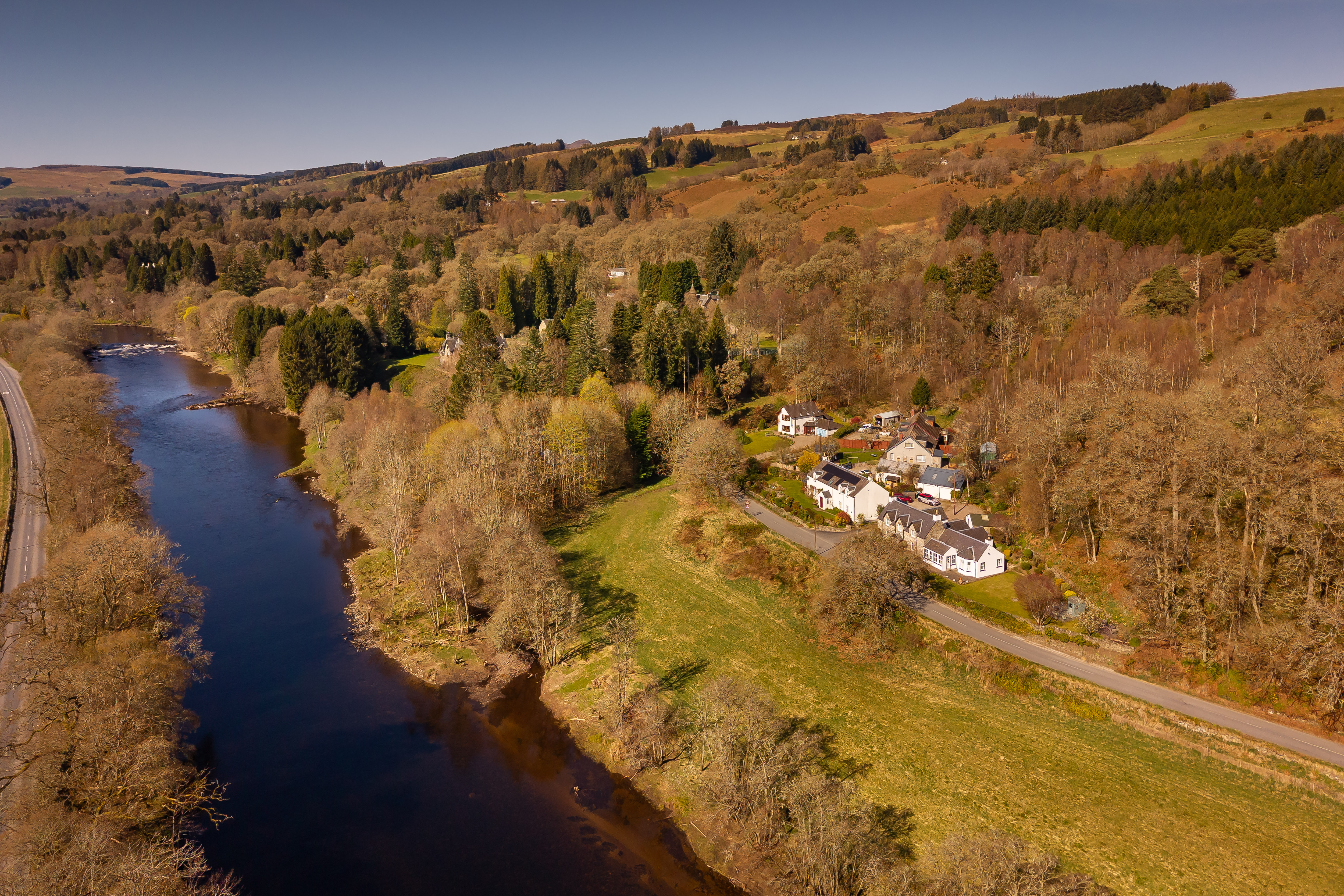Spectator - Carla Carlisle
Regardless of how much you adore the countryside, the reality is that you need a career that will produce the income that will sustain the farm you love. That translates: work in London and all the potential dangers that that entails


It's not the kind of milestone that usually gets acknowledged: Sam in London on his own. While his father is judging water gardens at Hampton Court, Sam has the city at his feet. He takes his Sage fishing rod to Farlows for a repair, then takes the tube to a magic shop in Camden Town to add to his magic and juggling kit. He takes two more tube journeys to arrange his work experience - a week in July with Citigroup Venture Capital, a week in August with the lawyer Tim Lawson-Cruttenden - before meeting up with his friend Harry who's doing his work experience at the Daily Mail. They go for lunch at an Italian restaurant called Strada: 16 year-olds going on 25. Then he takes the tube to Liverpool Street and a train home. A happy day. An independent day. The day before the bombs exploded in that crescent of London that is the first port of call for country dwellers on this side of England.
I am more shaken by last week's bombs than Sam. I keep thinking: what if he had been there. Without me. And Sam is still excited about his two weeks in London this summer, even though his real love is country life. Before he was three he could tell wheat from barley and identify every make of tractor. Other milestones: his first 4.10 (followed by his first rabbit, squirrel, pheasant, grouse). His first fishing rod, first brown trout, rainbow trout and, last summer, two salmon on the Halladale. The countryside, its fields, rivers and pleasures, are bred in his bone. But something else has been imbued in him from an early age: you can't make a living here. Doctor, lawyer, banker - actually the choices aren't as many as it once seemed: you need a career that will produce the income that will sustain the farm you love. That translates: work in London.
In fact, we didn't need to drum this in his head. When he was at prep school near Ipswich, his friends lived in old rectories and sprawling farmhouses in Essex, Suffolk and Norfolk: all within viable reach of a train to Liverpool Street station. The fathers - and a few mothers - got up at the crack of dawn to be in the City or Gray's Inn by 8am. Even the fathers with large farming estates, such as Freddie Clarke's father, Duncan, put in years in the City in order to bankroll the diversification projects that just might make the land pay. This is the country life of the 21st century, where the car parks surrounding the Victorian train stations are bigger than wheat fields, and advertisements for country houses include a crucial detail: London Liverpool Street 65 minutes. King?s Cross 45 minutes. London is the lifeline of the countryside.
The first time I appeared on this page - March 7, 1996 - I wrote about booking tickets to Starlight Express during the days of IRA bombings. 'The trip to London is the country child's half-term treat. Before we leave I write on six strips of paper, 'My name is Sam Carlisle. I am seven years old and I am with my mother, In case of emergency please telephone . . .' and stuff them into his trouser pockets, jacket pockets, shirt pockets. I put one in my coat pocket as well and cross my fingers.'
The days of stuffing pockets are over. The first interview I heard on the radio after the explosions was that of a 16-year-old from Deal in Kent, in London for his work experience - 'There was a bang. The lights went out. I thought I was dead.' Next week Sam will be a 16-year-old working in London. Call it stage one of the job he'll have in order to be able to afford the privilege of living in the country. My fingers are crossed.
This article first appeared in Country Life magazine on July 14, 2005.
Sign up for the Country Life Newsletter
Exquisite houses, the beauty of Nature, and how to get the most from your life, straight to your inbox.
Country Life is unlike any other magazine: the only glossy weekly on the newsstand and the only magazine that has been guest-edited by HRH The King not once, but twice. It is a celebration of modern rural life and all its diverse joys and pleasures — that was first published in Queen Victoria's Diamond Jubilee year. Our eclectic mixture of witty and informative content — from the most up-to-date property news and commentary and a coveted glimpse inside some of the UK's best houses and gardens, to gardening, the arts and interior design, written by experts in their field — still cannot be found in print or online, anywhere else.
-
 Vertigo at Victoria Falls, a sunset surrounded by lions and swimming in the Nile: A journey from Cape Town to Cairo
Vertigo at Victoria Falls, a sunset surrounded by lions and swimming in the Nile: A journey from Cape Town to CairoWhy do we travel and who inspires us to do so? Chris Wallace went in search of answers on his own epic journey the length of Africa.
By Christopher Wallace
-
 A gorgeous Scottish cottage with contemporary interiors on the bonny banks of the River Tay
A gorgeous Scottish cottage with contemporary interiors on the bonny banks of the River TayCarnliath on the edge of Strathtay is a delightful family home set in sensational scenery.
By James Fisher